The Architecture, Culture and Spirituality Forum believes the design and experience of the built environment can assist the spiritual development of humanity in service of addressing the world’s most pressing issues.
The Mission of the Architecture, Culture and Spirituality Forum is to provide an international forum for scholarship, education, practice, and advocacy regarding the cultural and spiritual significance of the built environment.
These perennial and complementary core values serve as pillars to cultivate human spirituality in the process of envisioning, planning, designing, and realizing the built environment.
To learn more about ACSF’s worldview and aspirations, read our Declaration of Transcendent Human Habitat.
Interconnected Criteria
Interconnected Criteria
Justice
Participation
Environmental Adaptation
Ecotechnology
Essential Simplicity
for Effecting Change
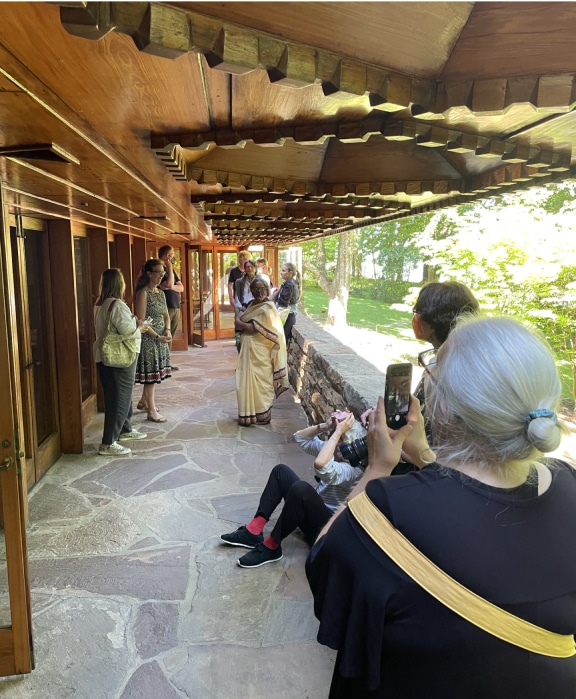
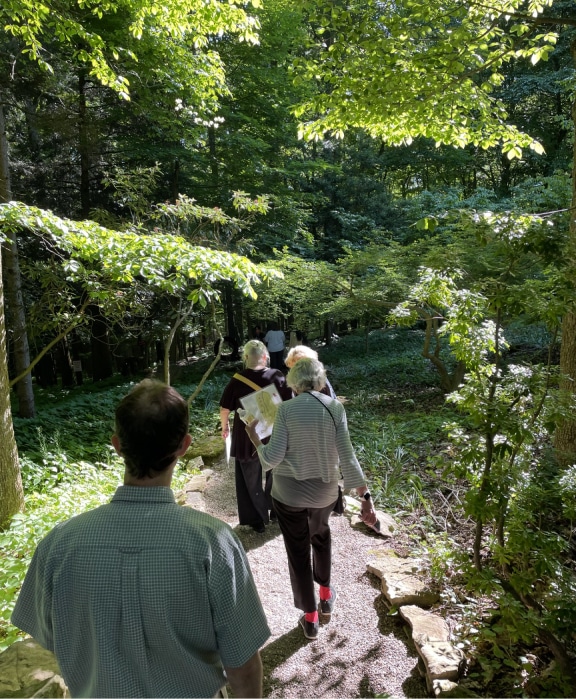
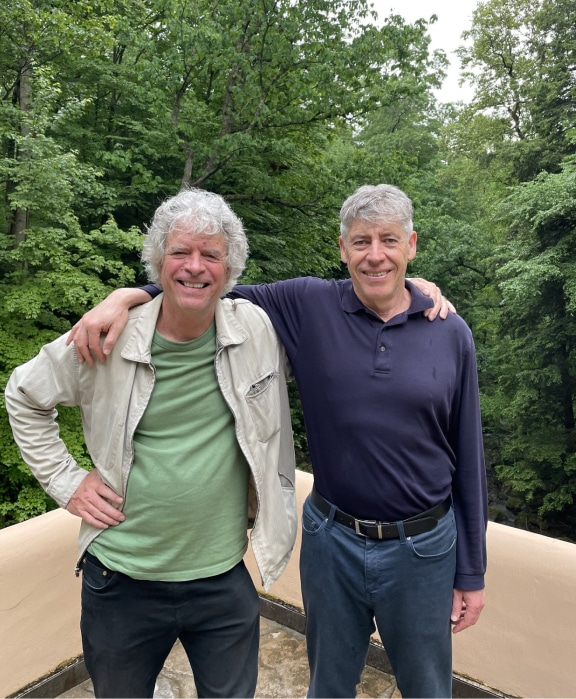
ACSF was founded in April 2007. It emerged from a number of conferences dating from the early 1990’s, which were dedicated to scholarship on the cultural significance, ritual use and meaning of sacred places and religious architecture.
During the intervening years there also was a remarkable growth in scientific and professional research on mind and spirituality accompanied by a parallel increase in public interest in the subject. At the same time, it was clear that architecture and allied disciplines were not offering enough space or attention to this emerging interest, scholarship, teaching, and practice.
All this indicated a propitious time to engage an international audience through a process that was integrative (interdisciplinary), diverse (ecumenical), cutting-edge (at the forefront of research and practice), rigorous, and open.
During the annual Association of Collegiate Schools of Architecture (ACSA) conference in Salt Lake City in March 2006, Thomas Barrie (North Carolina State University), Julio Bermudez (then at the University of Utah, now at the Catholic University of America), Anat Geva (Texas A&M University), and Randall Teal (University of Idaho) met, discussed, and agreed on the need to start a forum that engaged the study, practice, and teaching occurring at the intersection between architecture, culture and spirituality.
During the following months, the four collaborated in the production of a white paper entitled “Architecture, Culture, Spirituality (ACS). Creating a forum for scholarship and discussion of spirituality and meaning in the built environment.” Using this paper as both foundation and rationale, prominent scholars and practitioners in the field were contacted and invited to join the nascent organization, many of whom accepted and became the first members of ACSF.
During the following years the organization grew through a robust program of symposia, partnerships, and publications. In June 2016 ACSF was incorporated as a tax-exempt 501(c)(3) nonprofit in the state of North Carolina (USA).
Now, ACSF advances research and practice on the intersection of spirituality, the built environment and critical contemporary issues. This includes the capacity to bridge cultural and religious differences, raise human consciousness, address environmental and cultural sustainability, advance social justice, impart beauty, and improve health and wellbeing. It influences academic, professional, cultural, and religious contexts through strategic partnerships, programming, symposia, publications, and awards programs.
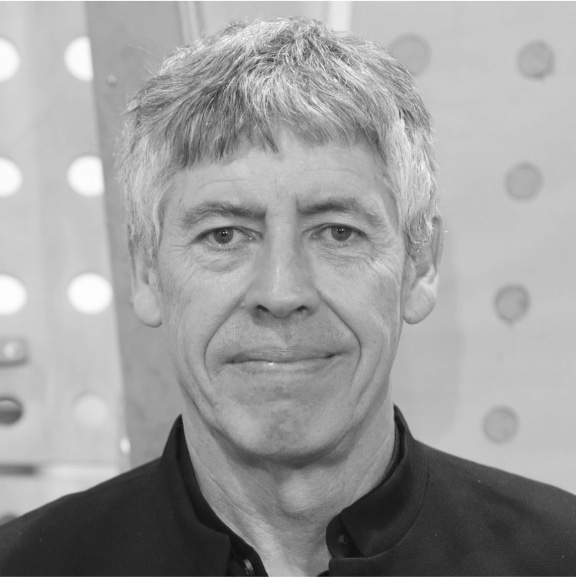
Julio Bermudez | President
Julio Bermudez, DPACSA, directs the Sacred Space and Cultural Studies program at the Catholic University of America School of Architecture and Planning. His scholarship focuses on architectural phenomenology and neuroscience in relationship to culture and spirituality. He has published three books: “Spirituality in Architectural Education” (CUA Press, 2023), “Architecture, Culture and Spirituality” (with Tom Barrie & Phillip Tabb, Routledge 2015), and “Transcending Architecture” (CUA Press 2015).
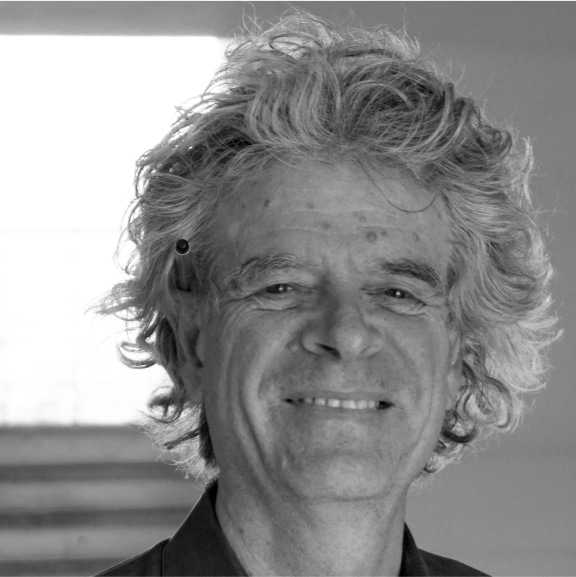
Thomas Barrie | Chair
Thomas Barrie, FAIA, DPACSA is a Professor of Architecture at North Carolina State University. His scholarship focuses on the symbolism, ritual use, and cultural significance of architecture and he has published and lectured extensively in his subject areas. Professor Barrie is an award-winning architect, a Fellow of the American Institute of Architects, an Association of Collegiate Schools of Architecture Distinguished Professor, and a member of the NC State Academy of Outstanding Faculty in Extension and Engagement.
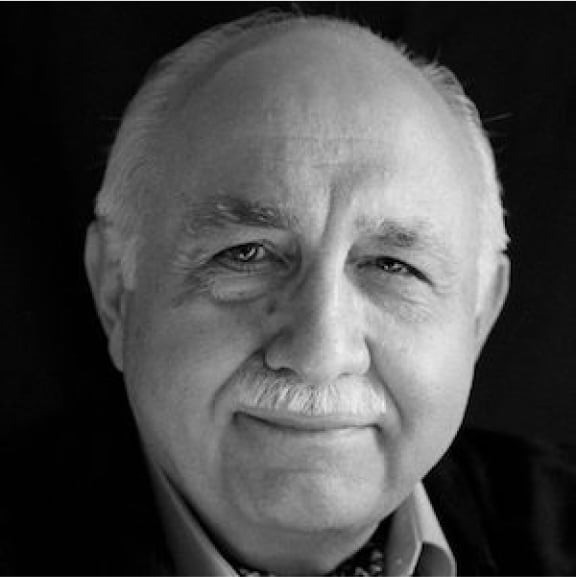
Nader Ardalan
As President of Ardalan Associates, he is a recognized expert in the field of Environmentally Sustainable and Culturally Relevant Design and Planning. He holds BA from Carnegie-Mellon University and MArch, Graduate School of Design, Harvard University, where he served as Senior Research Associate.
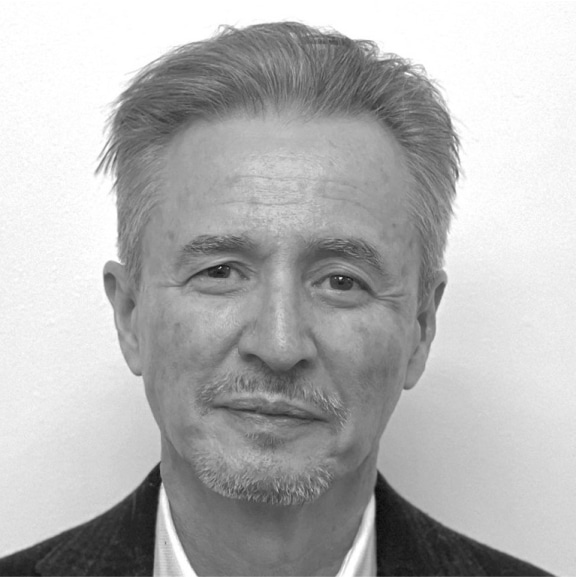
Roberto Chiotti
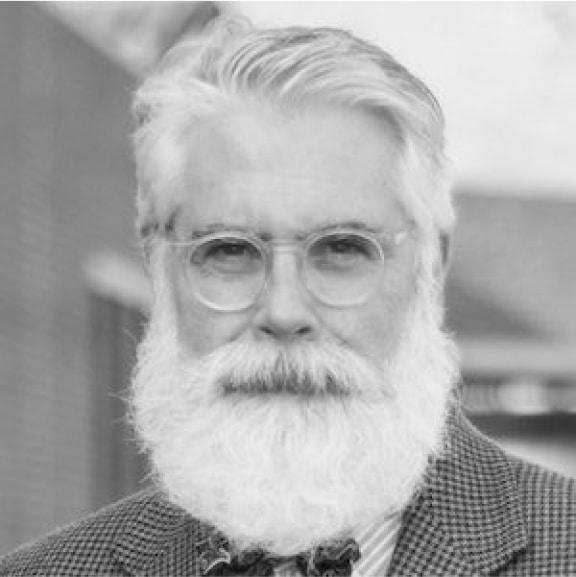
Michael Crosbie
Michael J. Crosbie, Ph.D., FAIA, NOMA, DPACSA studied architecture at The Catholic University of America and is Professor of Architecture at the University of Hartford. He is the former editor of Faith & Form: The Interfaith Journal on Religion, Art, and Architecture. Crosbie is the sole author, editor, or contributor to approximately 80 books on architecture (including six on religious architecture). The author of hundreds of articles on architecture, design, and practice, he lectures throughout the US and abroad. He is the recipient of the Edward S. Frey Memorial Award, “in Recognition of the Contributions Made to Religion, Art, and Architecture,” bestowed by the American Institute of Architects. He is also a member of the AIA College of Fellows and received the Distinguished Professor Award from the Association of Collegiate Schools of Architecture. Crosbie served as the Walton Visiting Critic at Catholic University in 2015.
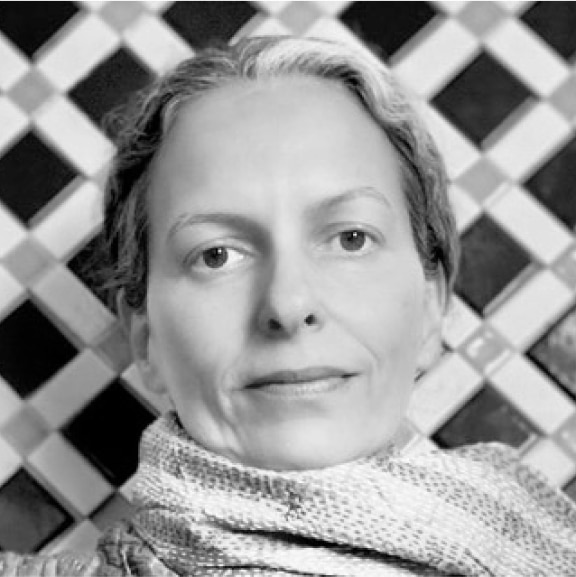
Nevine Nasser
Dr Nevine Nasser is a London-based architect and independent researcher exploring the transcendent quality of architectural space. She studied architecture in Cairo, Egypt and practiced in London, England until the thirst for a more spiritual life changed the course of her life. She became a student of Sufism, and completed degrees in sustainable architecture at the Centre for Alternative Technology in Wales and a practice-based doctorate in Islamic sacred architecture at the Prince’s Foundation School of Traditional Arts in London. Dr Nasser’s practice focuses on sacred and wellness projects that attempt to reclaim the ontological nature and metaphysical wisdom of classic buildings by reinterpreting traditional architectural vocabularies to inspire contemplative experiences of contemporary space. Central to her approach is the intention to integrate creative and spiritual practice, a phenomenological process underpinned by intuitive insight, collaboration and a willingness to explore her own spiritual practices and experiences.
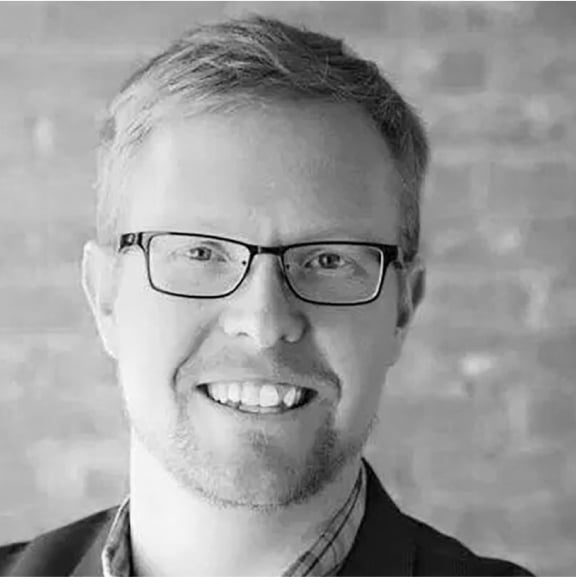
Trent Smith
Trent Smith AIA is a practitioner and professor of architecture and interior design, currently practicing in Salt Lake City, Utah. He founded and leads Modern Out West, a small studio composed of wonderful folks nationally and abroad who are doing their best to make a beautiful, small mark on the world, one small intervention at a time, one awesome client at a time… Trent has been involved in various ways with ACSF since the first conference at Mt. Angel Abbey in Oregon.
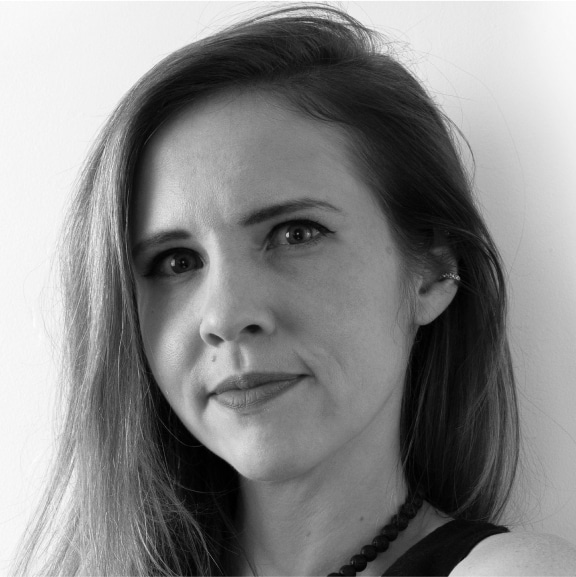
Caitlin Watson
Caitlin Watson, AIA, is an Associate at Sage and Coombe Architects in New York and writes about sacred-public space, focusing on the intersection of art and architecture. In addition, she organizes for progressive change within architectural practice through her work with the Architecture Lobby. Watson’s work has been published in Faith and Form, 2A Magazine, Religions, and the New York Review of Architecture and she has presented at the annual meetings of the Society of Architectural Historians, the Architecture Culture and Spirituality Forum, and the Association of Collegiate Schools of Architecture. She received a B. Arch. from the University of Tennessee and a Masters of Architecture from McGill University.
The ACSF Board of Directors maintains the following Standing Committees:
Membership
Maintains and updates membership list, conducts membership surveys when appropriate, and tracks member profiles, numbers, etc.
Chair: Trent Smith (htsmith@gmail.com)
Publications
Leads efforts to publish ACSF symposia, scholarship, and members’ research and work.
Chair: Michael Crosbie (crosbie@hartford.edu)
Awards and Recognitions
Leads and coordinates all ACSF awards and recognition programs. These include the following, each led by a chair/board liaison: Distinguished Achievement, Lindsay Jones Memorial Research Fund, and Symposia Scholarship Program.
Chairs: Michael Crosbie (crosbie@hartford.edu) and Tomas Barrie (tmbarrie@ncsu.edu)
Communications
Leads ACSF communication strategy and public outreach. This includes maintaining a media list, monitoring all ACSF newsletters, press releases and announcements, and coordinating the MailChimp and Instagram platforms.
Chair: Caitlin Watson
Development
Leads ACSF communication strategy and public outreach. This includes maintaining a media list, monitoring all ACSF newsletters, press releases and announcements, and coordinating the MailChimp and Instagram platforms.
Chairs: Thomas Barrie (tmbarrie@ncsu.edu) and Roberto Chiotti (roberto@larkinarchitect.com)
Website
Works with web designer/server provider, facilitates content updates, and monitors software updates.
Chairs: Julio Bermudez (bermudez@cua.edu) and Thomas Barrie (tmbarrie@ncsu.edu)